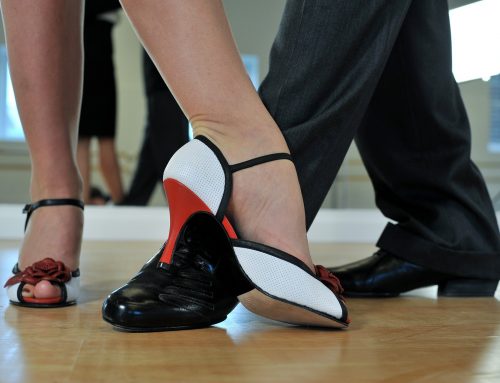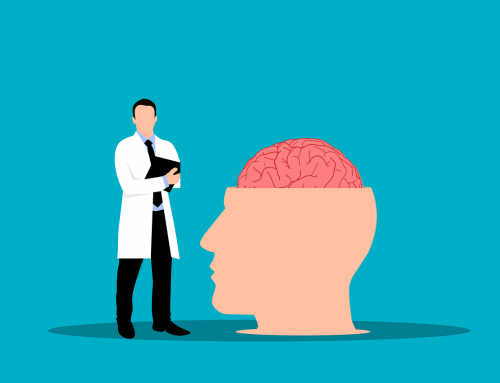Now that you have survived a horrible car crash that has turned your life upside down, you may find yourself thinking frequently about how you could have died or suffered even more serious injuries. The fact of the matter is you were a victim and now you are a survivor. You would think the road ahead is just a matter of getting the help you need to recover and heal. Unfortunately, for many people, the crash may only be the beginning of victimization experiences.
The study of the victim experience can be traced to at least 1764 and the writings of the Milan criminologist Cesare Beccaria entitled Of Crimes and Punishments. The idea of blaming the victim was articulated by Boston College psychologist William J. Ryan in his 1971 book Blaming the Victim. Ryan addressed African-American poverty rates and the societal pattern of blaming the victim for their victimhood.
Often in my 15 years of specializing in auto accident trauma treatment, I have observed the elephant in the room to be issues around secondary victimization. I like Andis Rinkevics’s (2015) definition of secondary victimization as “…the victimization that occurs not as a direct result of the criminal act but through the response of institutions and individuals to the victim.”





